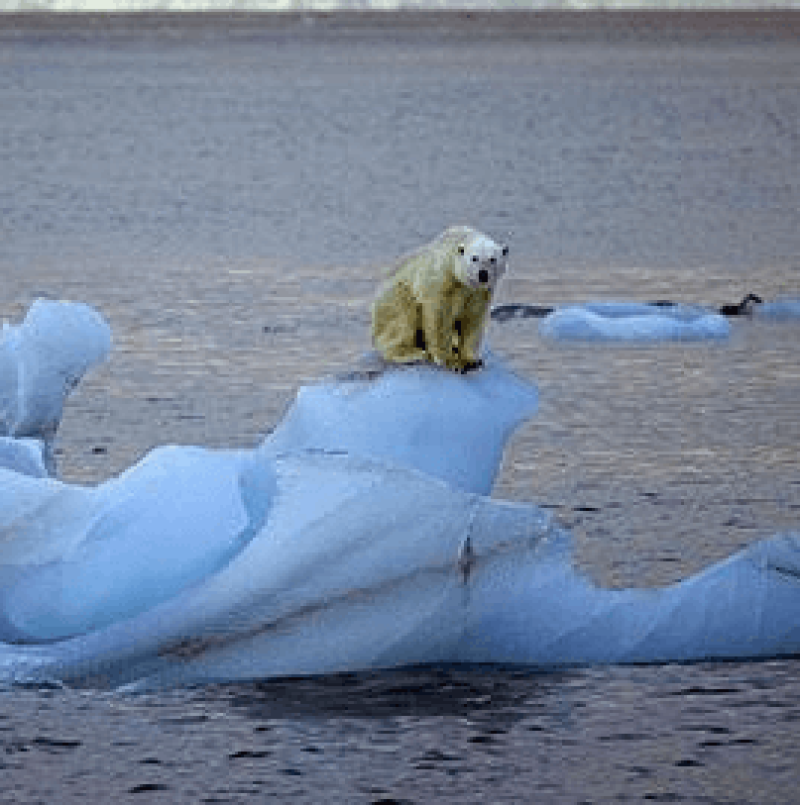A decade ago, ecologist Chris Thomas warned that climate change would wipe out a quarter of all species. In the following interview, he tells Fred Pearce that we might actually end up with more species than before – and this isn’t a contradiction
Are you no longer concerned about extinctions?
We worry about extinction of species in the era of humans. But at the same time we are seeing an evolutionary surge. The seeds of recovery are already visible. New species are beginning to emerge. Of course many will fail, but others will become the lineages of the future.
This seems light years away from your forecast in 2004 that a global temperature rise of 2 °C would commit millions of species to extinction. Surely you cannot hold both views?
Actually, yes. I’m not arguing that extinctions won’t happen as humans mess up habitats, move species round the globe and change the climate. As I said 10 years ago, climate change will probably cause a mass extinction. I wish this wasn’t so. But I am saying that this is only one side of the coin. These processes also provide ecological opportunities – for species that already exist, and for new forms of life to evolve to exploit the changed environments.
How do we know that there will be opportunities for new life?
People say we are in the throes of the sixth great extinction – as big as when an asteroid killed off the dinosaurs 65 million years ago. The jury is still out on that. It might take human numbers in the billions for a thousand years to do that much damage. But all past extinctions were followed by a burst of evolution. Disappearing dinosaurs created space for mammals to evolve. So why not this time? The flip side of a new great extinction would eventually be a new evolutionary explosion. A new genesis, if you like.
Read full, original article: Human meddling will spur the evolution of new species































